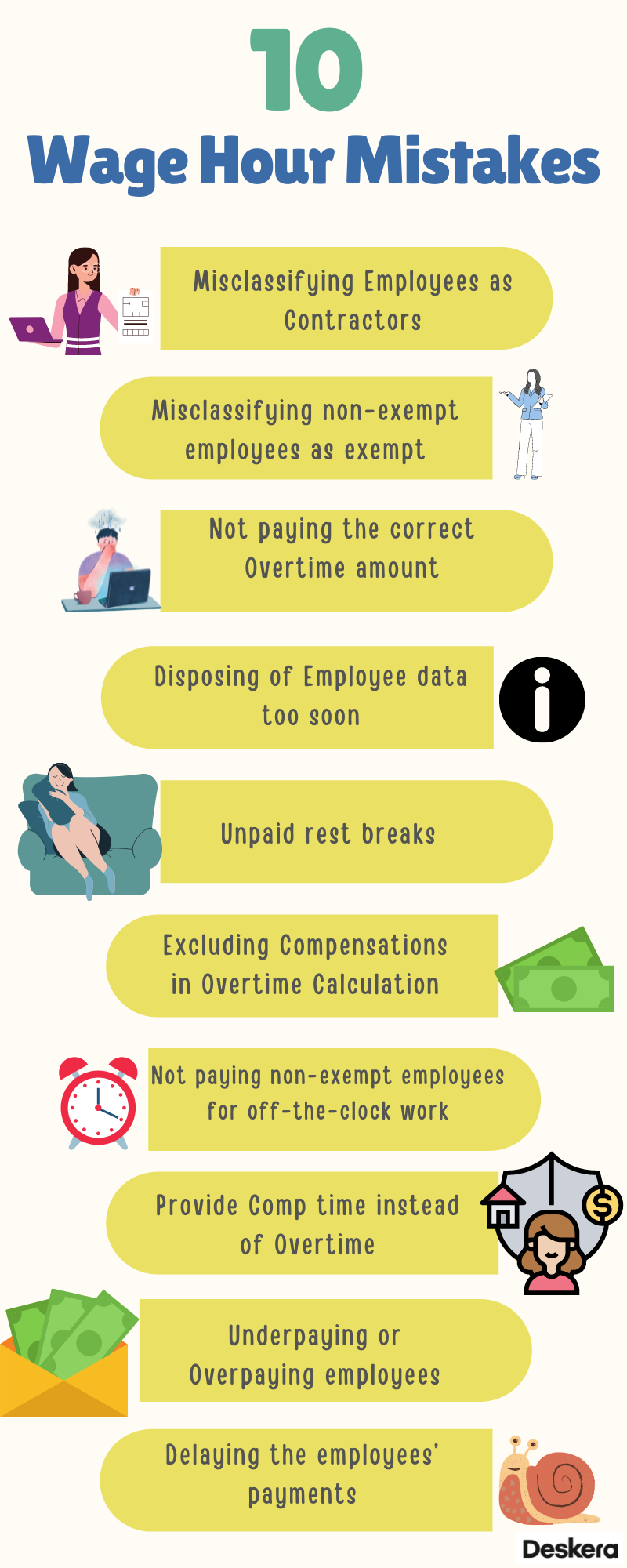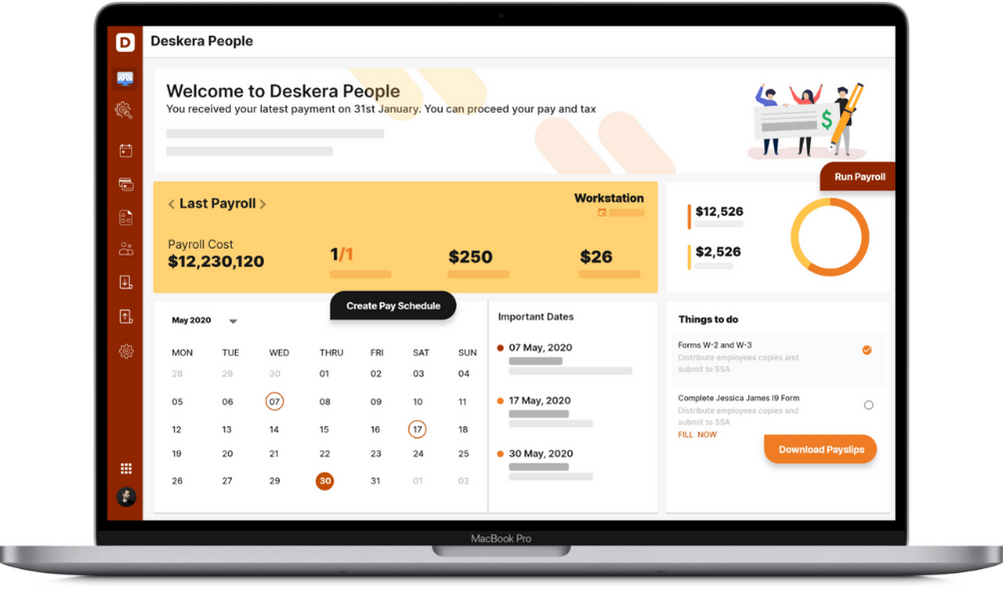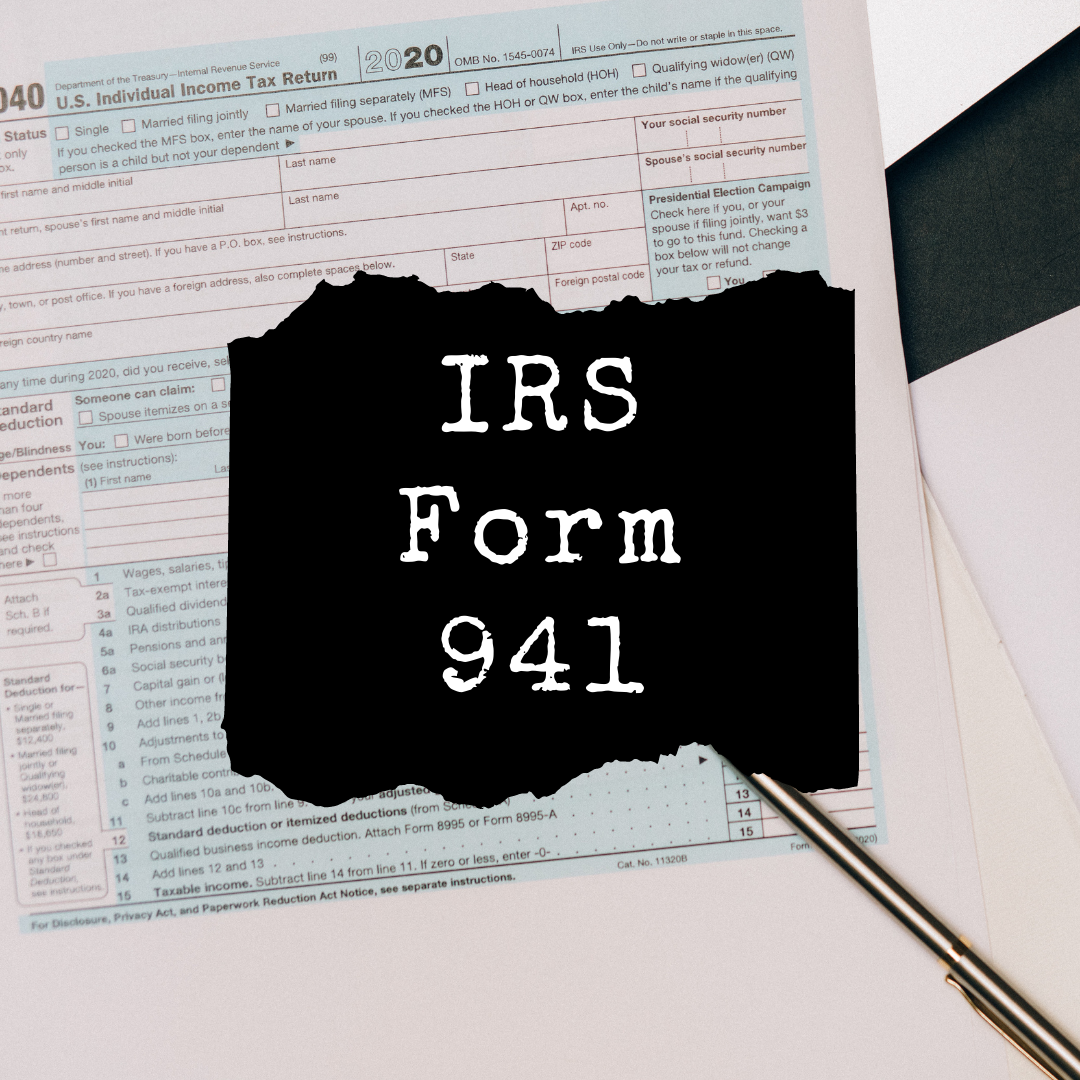Payroll is one of the most important functions in a company. Although the work involving wage and hour usually goes unrewarded, it shoulders a lot of responsibility to keep up the company’s financial health.
If yours is a small business then as part of the FLSA compliance process, HR professionals and managers must ensure that the employees are compensated for their overtime hours. Simultaneously, they should also determine which employees fall under the FLSA's exemption rules.

Unless an employee is exempt under the FLSA, most businesses must pay employees 1 1/2 times their regular pay for all time worked beyond 40 hours per week. These exemptions are collectively referred to as white-collar exemptions since they are most commonly used in the administrative sectors.
Furthermore, the wage and hour issues have soared drastically in the pandemic as employees have been working remotely. Miscalculating their hours and pay rates in such a scenario can be an easy mistake to commit. Employers may face costly legal proceedings as a result.
This article presents 10 mistakes small businesses may make while they are calculating the wages for their employees. Let’s catch them here:
- Misclassifying workers as Independent Contractors
- Misidentifying workers as exempt or non-exempt
- Not paying the correct overtime amount
- Disposing of Employee data too soon
- Unpaid rest breaks or not paying for work during an unpaid lunch period
- Excluding compensations in overtime calculation
- Not paying non-exempt employees for off-the-clock work
- Provide Comp time instead of Overtime
- Underpaying or Overpaying employees
- Delaying the employees’ payments
- Conclusion
- How can Deskera Help You?
- Key Takeaways
Misclassifying workers as Independent Contractors
The Fair Labor Standards Act provides protection and benefits to employees, such as minimum wage and overtime pay. An employee can access this information from their W-2 form. It not only shares financial data about their taxes and benefits earned from the employer but also lets them know about the total income earned through the year. The independent contractor (form 1099) is not protected by these provisions since their employer does not contribute to their taxes.
When you classify workers as independent contractors instead of employees, this tends to lower the labor costs for your business. In some cases, it could reduce by as much as 25%-30%. This factor could be advantageous for the company but utterly unfair to the employees. Moreover, committing this mistake could lead to dire consequences and huge penalties.
Additionally, the valuable money which should rightly reach the government does not get it.
This will ultimately result in over or underpayment of wages.
Misidentifying workers as Exempt or Non-exempt
To understand this type of mistake, let us first identify what an exempt employee is. An exempt employee is expected to complete the work without overtime payment. They are simply paid on a salary basis.
So, if a non-exempt employee is mistakenly classified as an exempt employee, they do not receive all the benefits that the non-exempt employees must receive. This includes the hourly wage or overtime. This translates into the theft of their wages. Since most non-exempt employees are paid hourly unless they agree to receive a salary, they should be paid an hourly wage.
Not paying the correct Overtime amount
We know that all non-exempt employees deserve an overtime amount. The overtime begins when they have completed 40 hours of their work per week. They must receive this overtime amount. Also, there could be non-exempt salaried employees who are entitled to receive an overtime amount unless the State Labor Code prescribes it.
So, paying the correct overtime amount is a must when you want to ensure a healthy payroll system for your business.
Disposing of Employee data too soon
When you have a business that is among the fastest-growing, you tend to drop away from the data which you think is of no use any longer. However, there could be serious repercussions of not keeping the financial data intact for future reference.
Having disposed of your previous records makes it difficult to track down any critical updates that you may need in the future.
Moreover, previous records are proof that FLSA may require. Failing to produce these may lead to penalties or hefty fines. Therefore, it is recommended you hold all the employee records for at least three to four years. This includes exempt and non-exempt employees along with their social security numbers.
Unpaid rest breaks or not paying for work during an unpaid lunch period
Although employers are not required to offer meal periods or breaks for rest to employees, FLSA distinguishes hours worked from the time worked. Counting an employee's time as hours worked affects time worked calculations and whether overtime pay is due.
A rest period, which is defined as a break lasting 20 minutes or less, is counted under hours worked irrespective of whether or not it is paid. It would probably be fair to pay for rest breaks if they must be counted as work hours.
Meal periods, however, are not counted as hours worked. It must be a period during which the employee does no work at all. Meal periods during which an employee works for the organization are considered working hours and should be compensated accordingly.
Excluding Compensations in Overtime Calculation
Overtime is measured with reference to the regular rate of pay of the employee. The problem is that many business owners believe that a regular rate is simply an employee's hourly base rate.
Instead, the regular rate includes the majority of payments an employee receives during any given week. Here is what the employers must consist of:
- Base wages
- Commissions
- Premium pay amounts for late or early work shifts
- Certain bonuses
- Meal allowances
- Any other compensation applicable
Not paying non-exempt employees for off-the-clock work
FLSA does not recognize unauthorized overtime. If any of your employees use it, you can make a call to educate them or fire them, but in no way can you withhold their payments. You should pay them for the time they have worked.
You have to make sure employees report overtime in writing if a policy requires that. In those cases, it will be permissible not to pay employees for unreported time.
Provide Comp time instead of Overtime
It is essential to know that for hours worked beyond 40 in a workweek comp time is illegal unless you work for a state or local government. Employers may provide employees with overtime as "compensation" time in order to reduce their wages. So, this way, the employee would not be paid time-and-a-half for overtime worked, but rather their regular base salary.
Also, the employee will be given an additional half-hour of paid time off, which can be used at any time in the future. The FLSA prohibits this practice for private employers such as startups and small businesses as it infringes on the right of an employee to receive overtime pay.
Underpaying or Overpaying Employees
There could be an overpayment or underpayment resulting from a data entry error. If you underpay an employee, you may have to pay them back when the underpayment has been found out or realized. In some cases, getting your money back can be difficult if an employee has been overpaid. Be sure to check your work twice and three times to eliminate this problem.
Delaying the employees’ Payments
Delayed payment to your employees could have more issues than one. Here are the major issues you could face when you have delayed your employees’ payment:
Worried employees: You can possibly send your employees on a worry-trip when they do not receive their payment on time.
Unmotivated employees: Your staff has worked hard for your business’s growth, and they truly deserve a timely payment. Absence of which can lead them towards demotivation.
Lawsuits: You certainly do not want to face a scenario where you face lawsuits due to late payments.
Fear of Layoffs: Delayed payments give an impression to the employees that the company is going through a rough patch. They may fear lay-offs being around the corner.
Hampered reputation: Delaying the payments reflects badly on your company’s reputation as other companies may raise questions on ethics, professionalism, and the financial status of your business.
Why Choosing the right Payroll Partner is Important?
As your business grows, you shall realize that the payroll requirements change with it. This implies that you will need to switch to a higher and better payroll partner to manage your payroll. As a lot of the financial shape of your business relies on the way your payroll is handled, it is essential you choose a service provider that is in sync with your business needs.
Here is what you can check for when selecting an adept payroll partner:
Compliance: This is one of the prime factors that help you determine an efficient payroll partner. They help you by assigning the right forms to employees, such as W-2s, 941, 1099s, and W-9s. When you opt for the right services, they ensure that the information catered to you and your employees is accurate and updated.
Leave Management: Managing leaves could be a tough task. The service provider shall manage all employees' vacation and sick leave, including parental leaves, medical leaves, and personal day-offs.
New-Hire Reporting: New hires are subject to strict deadlines. These deadlines are especially strict when calculating orders that have already been enforced. All reports shall be furnished to the proper agency in a timely fashion.
Payroll Processing: The payroll service provider will also look after some of the most tedious payroll processing procedures. Additionally, they can introduce and utilize various digital payment options.
Tax Calculation and Withholding: Tax calculation can be a laborious mechanism that also comprises great scope for errors. Having a payroll system that helps you avoid those can certainly prove to be a boon for your business.
Easy access for employees: Most payroll providers will offer you online access to the payroll system, which your employees can also see. Any discrepancies or mistakes can be spotted quickly and reported in time.
Conclusion
Staying at the top of your game as far as the payroll is concerned is immensely crucial to your business. A simple error can turn things around and may hinder your growth prospects tremendously.
Therefore, it is advised to keep a close watch on the payroll and dodge all the payroll mistakes and their problems. This way, you can keep your employees happy, too. Good payroll practices can help you focus on your core business and achieve newer heights!
Key Takeaways
- HR professionals and managers must ensure that the employees are compensated for their overtime hours and determine which employees fall under the FLSA's exemption rules
- Unless an employee is exempt under the FLSA, most businesses must pay employees 1 1/2 times their regular pay for all time worked beyond 40 hours per week
- Miscalculating their hours and pay rates in such a scenario can be an easy mistake to commit, for which the employers may face legal actions and penalties
- Misclassifying workers as independent contractors tend to lower the labor costs for your business but is completely unfair to the employees. Committing this kind of mistake could lead to dire consequences and huge penalties
- Misidentifying workers as exempt or non-exempt leads to a non-exempt employee not receiving all the benefits that the non-exempt employees must receive
- Not paying the correct overtime amount is unfair to non-exempt employees
- Disposing of Employee data too soon makes it difficult to track down any important updates. Previous records are proof that FLSA may require. Failing to produce these may lead to penalties or hefty fines
- Unpaid rest breaks or not paying for work during an unpaid lunch period is a mistake. Meal periods during which an employee works for the organization are considered working hours and should be compensated accordingly
- Excluding compensations in overtime calculation should not happen. Employers must include commissions, base wages, certain bonuses, meal allowances, and other compensation, if applicable
- Not paying non-exempt employees for off-the-clock work is permissible only in cases where the employers have a policy that prescribes it
- Providing Comp time instead of Overtime infringes on the right of an employee to receive overtime pay, and FLSA prohibits the practice
- Underpaying or Overpaying employees is not advantageous to either of the parties and, therefore, must be eliminated
- Delaying the employees’ payments can lead to a lot of commotion within the organization leading to problems such as fear of layoffs among employees, lawsuits, hampered reputation
- Having an efficient payroll partner who could assist with the various wage and hour matters, along with other tasks, can be a boon. Leave management, compliance, payroll processing, tax calculation can all be covered conveniently
How can Deskera Help You?
Deskera People allows you to conveniently manage leave, attendance, payroll, and other expenses. Generating pay slips for your employees is now easy as the platform also digitizes and automates HR processes.

Related Articles













